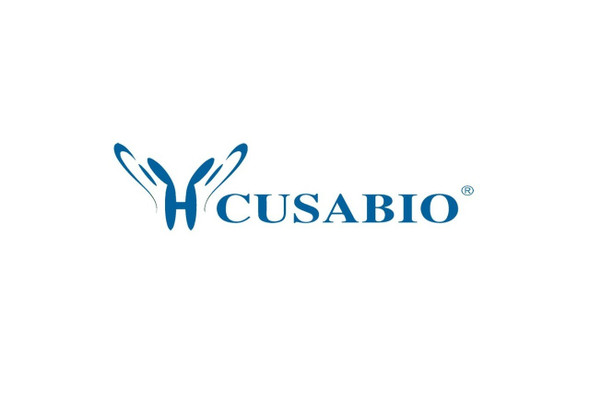Cusabio Polyclonal Antibodies
ZMYND10 Antibody | CSB-PA026511ESR2HU
- SKU:
- CSB-PA026511ESR2HU
- Availability:
- 3 to 7 Working Days
Description
ZMYND10 Antibody | CSB-PA026511ESR2HU | Cusabio
ZMYND10 Antibody is Available at Gentaur Genprice with the fastest delivery.
Online Order Payment is possible or send quotation to info@gentaur.com.
Product Type: Polyclonal Antibody
Target Names: ZMYND10
Aliases: Zinc finger MYND domain-containing protein 10 (Protein BLu), ZMYND10, BLU
Background: Required for motile ciliary function. Probably involved in axonemal assembly of inner and outer dynein arms (IDA and ODA, respectively) for proper axoneme building for cilia motility. May act by indirectly regulating transcription of dynein proteins.
Isotype: IgG
Conjugate: Non-conjugated
Clonality: Polyclonal
Uniport ID: O75800
Host Species: Rabbit
Species Reactivity: Human, Mouse
Immunogen: Recombinant Human Zinc finger MYND domain-containing protein 10 protein (201-440AA)
Immunogen Species: Human
Applications: ELISA, WB, IHC
Tested Applications: ELISA, WB, IHC; Recommended dilution: WB:1:500-1:2000, IHC:1:20-1:200
Purification Method: Antigen Affinity Purified
Dilution Ratio1: ELISA:1:2000-1:10000
Dilution Ratio2: WB:1:500-1:2000
Dilution Ratio3: IHC:1:20-1:200
Dilution Ratio4:
Dilution Ratio5:
Dilution Ratio6:
Buffer: PBS with 0.02% sodium azide, 50% glycerol, pH7.3.
Form: Liquid
Storage: Upon receipt, store at -20°C or -80°C. Avoid repeated freeze.
Initial Research Areas: Epigenetics and Nuclear Signaling
Research Areas: Epigenetics & Nuclear Signaling













